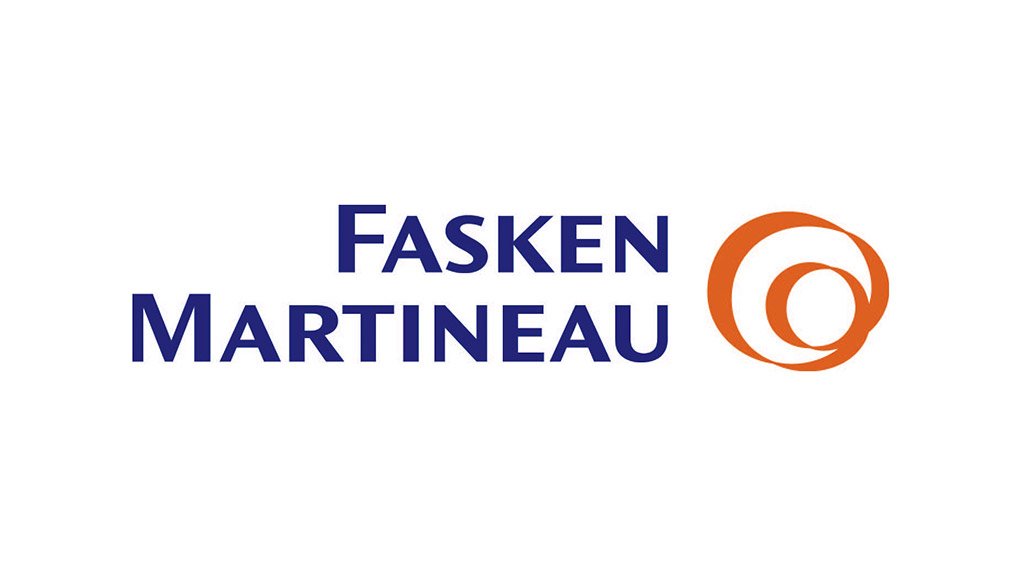If your responsibilities include representing your employer in settlement discussions with third parties, then this note will be of interest to you.
The Supreme Court of Appeal on Thursday handed down a judgment, the effect of which is that an admission of liability at a without prejudice meeting can be used in subsequent proceedings to interrupt prescription of the debt in question.
The term “without prejudice meeting” is commonly referred to as “an off the record discussion” which refers to a discussion the content of which cannot later be used against a person who was party to such discussion in subsequent proceedings.
Debts normally prescribe (become time barred and thus unenforceable) within a period of three years, unless the debtor acknowledged his indebtedness to the creditor.
Prior to this judgment, the only recognised exception to the without prejudice rule was one relating to insolvency. It is accepted law that an admission of insolvency, made during a without prejudice discussion, will not be considered privileged and will be admissible in subsequent proceedings.
The SCA has now extended the ambit of the exception to the without prejudice rule to cover acknowledgement of liability in order to interrupt prescription, subject to an important rider dealt with hereunder.
The important passage in the judgment reads as follows:
“[39] I consider that the exception contended for [admission of liability] is well-founded. Where acknowledgments of liability are made such that, by virtue of s 14 of the Prescription Act, they would interrupt the running of prescription, such acknowledgments should be admissible, even if made without prejudice during settlement negotiations, but solely for the purpose of interrupting prescription. The exception itself is not absolute and will depend on the facts of each matter. And there is nothing to prevent the parties from expressly or impliedly ousting it in their discussions.” [our underlining]
We recommend that going forward, if you go into without prejudice settlement negotiations, you expressly record that:
“These discussions are without prejudice and any admission or acknowledgment of liability made by any party, will not constitute an admission or acknowledgment of liability for the purpose of interrupting prescription or for any other purpose whatsoever”.
This is particularly important if you represent the party who is indebted to the other party.
Written by Nic Roodt, Fasken Martineau
EMAIL THIS ARTICLE SAVE THIS ARTICLE ARTICLE ENQUIRY
To subscribe email subscriptions@creamermedia.co.za or click here
To advertise email advertising@creamermedia.co.za or click here











